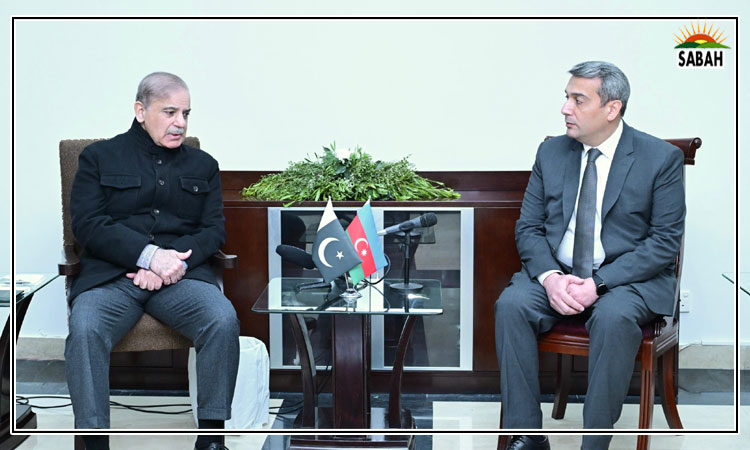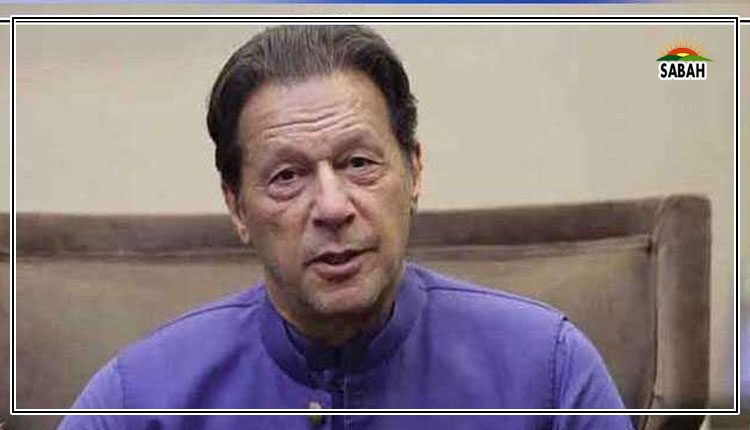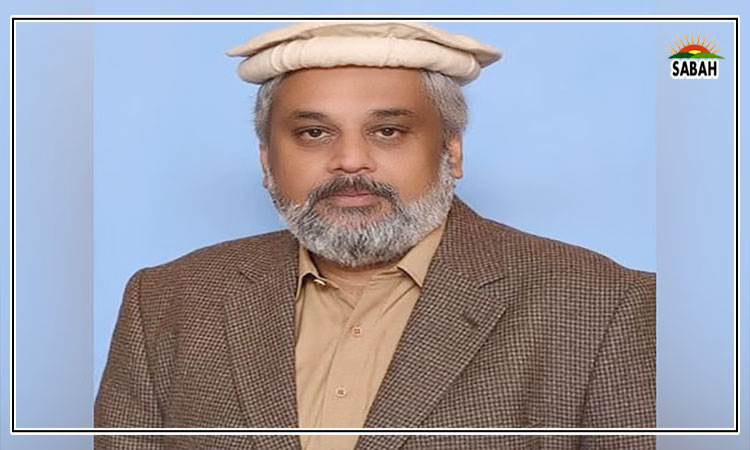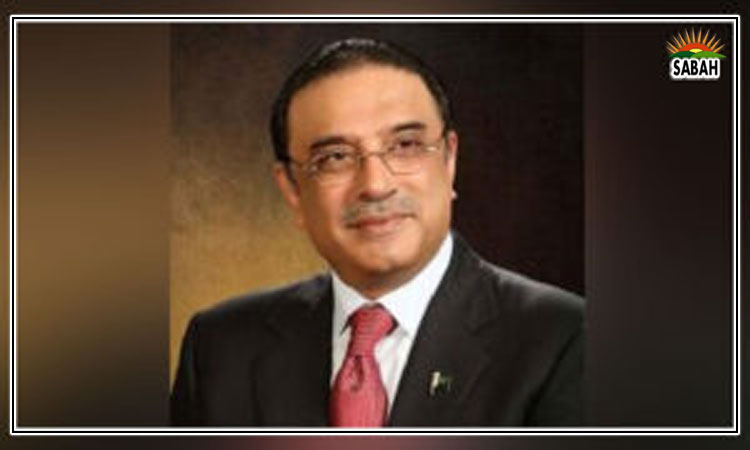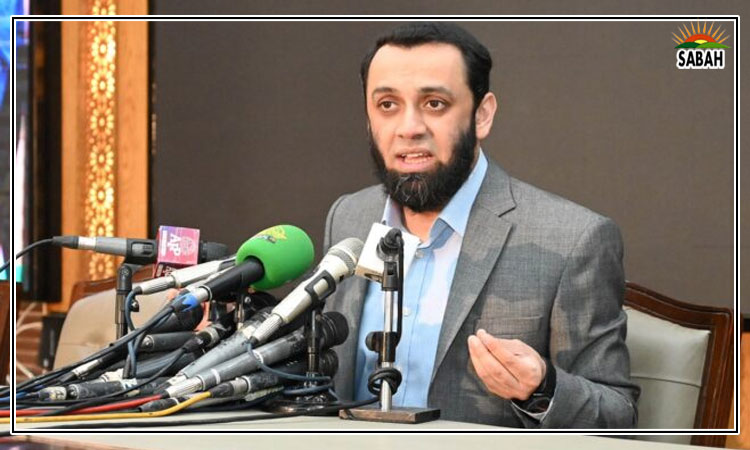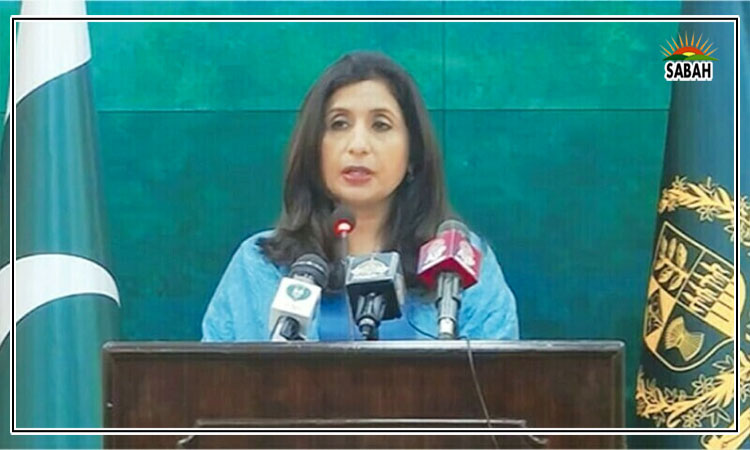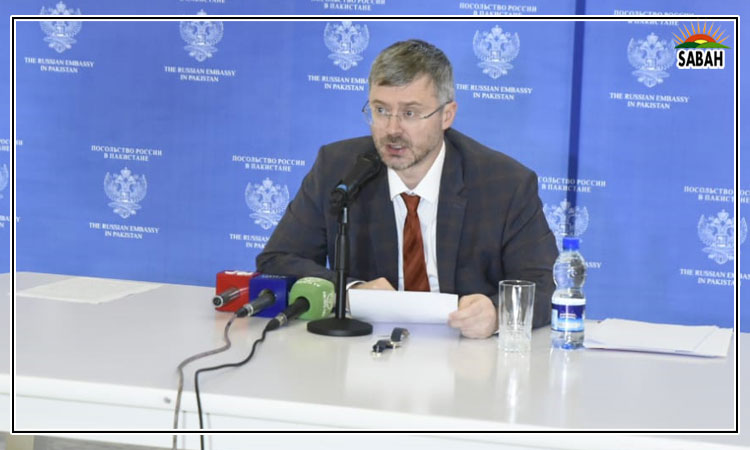‘The others’ among us…Kamila Hyat
The manner in which the 14-year-old girl tortured by the wife of a civil judge in Islamabad was treated seems almost unbelievable. The girl narrowly escaped with her life. Of course, the issue of parents sending out unprotected children to work is also present. But this then is our society. The lack of humanity with which these children, often working as domestic labourers, are treated is sometimes impossible to believe.
We have heard of a teenage maid tortured, beaten and abused because she took a morsel of food from her employers share essentially because she had been kept in a condition of near starvation. We have heard of other similar stories involving young girls and sometimes boys. There is rape, there is gang-rape, there is torture often inflicted by the women in the household where the child is employed and there is worse. For some reason, the employers differentiate between these children, who often come from smaller villages and quite obviously from impoverished families, and their own offspring. How often have we seen a nine-year-old child lugging along a happy six- or seven-year-old. This then is the society we live in.
The question of the others is not limited to those who work within homes and the treatment they receive. It is perpetuated also by more powerful entities. In many housing societies, the children of those employed by the residents of the society are not permitted to venture into parks and playgrounds on the pretext that other residents will object or that their children will spoil the swings and slides put up there precisely for the use of children.
We do not know why the children of the privileged persons who live in posh houses in the same society will not also spoil the equipment and of course the guards on duty should be permitted to penalize anyone who is littering a park or not using a piece of apparatus correctly. The same discrimination spreads to some malls and some restaurants. This is appalling. We have simply decided that certain persons in our society, based on the way they dress and the way they look, are inferior to us and cant be allowed into the same circles.
This has led to multiple crimes against them and there are daily instances of harsh words which would never be used against a child born and brought up in the same house and nurtured by the employers. It is almost as if these employees are invisible and cannot be understood or treated as human beings. The sheer barbarity of the practices is intolerable. The instances exist everywhere.
Again, in many places people have been warned to watch out for domestic help because they are frequently engaged in theft or other crimes. This is quite possible but let us remember that white collar workers and the elite commit far bigger crimes than the poor. Stealing a piece of bread or perhaps even a pair of earrings because someone needs to feed their children or send them to school is not a bigger crime than embezzlement or a failure to pay the taxes which should be sustaining our nation. Yet these people who engage in such practices get away with them sometimes because of their connections and sometimes simply because they are able to bribe the officials responsible.
We have to create a more united and connected society. Yes, there will always be poorer people who live amongst those who are comparatively wealthy. This happens in most countries, but in the developed world, there is also the knowledge that schooling and opportunity will allow the poor to rise further in life and gain the kind of power that is required to acquire good jobs and better places in society as children mature and reach adulthood. We offer very little such opportunity to the millions of impoverished people who make up our population.
But the kind of torture inflicted on young girls working in households is almost impossible to digest. It is also almost impossible to believe the story of hotel waiters who report young maids, some no more than 12 or 13 years old, begging them for a piece of food because they have been given none for days. The situation is intolerable. The question is how we can even out the situation. The answer lies in ensuring the ban on labour under
a particular age is implemented and then on creating other realities.
One of these realities is offering truly equal schooling to every child in society. This doesnt mean a precise equality or facilities or even textbooks but education that can be meaningful to the child in his or her life and take him or her to places that are beyond those of the childs parents. For this, it is essential to revive government schools and put them in order. At one time these schools were far better run than is the case today and produced scholars such as Dr Abdus Salam and other persons who have won literary and scientific awards.
Today this no longer is the case. Parents struggle to send their children to mediocre so called English medium schools because they believe that these are best for their child and will offer him a future in life. They are not wrong in their belief and in reality, it is true. English is a tool-to stepping up and gaining a place in society. But at the same time, the schools that the parents pay for simply do not offer the kind of education which will allow a child to stand on the same ladder as his peers from the more elite schools. Of course, there is a difference and it exists in every society, but it is not as marked as is the case in our homeland.
We need to remember that all the citizens of Pakistan are equal. This is written in the constitution. It is written in this short document many times, and yet it is ignored. We cannot have a situation where there is so much disparity and so much inability to see other people as human simply because they are poor. Poverty does not mean that they are able to live in tin shacks or rooftops in sweltering heat without toilets or other facilities. This is what is expected of many who go into domestic labour. Others, notably children who can be hired for less wages and are not able to defend themselves, suffer worse. We need to ask what kind of society we have created and how it can be changed.
Courtesy The News



